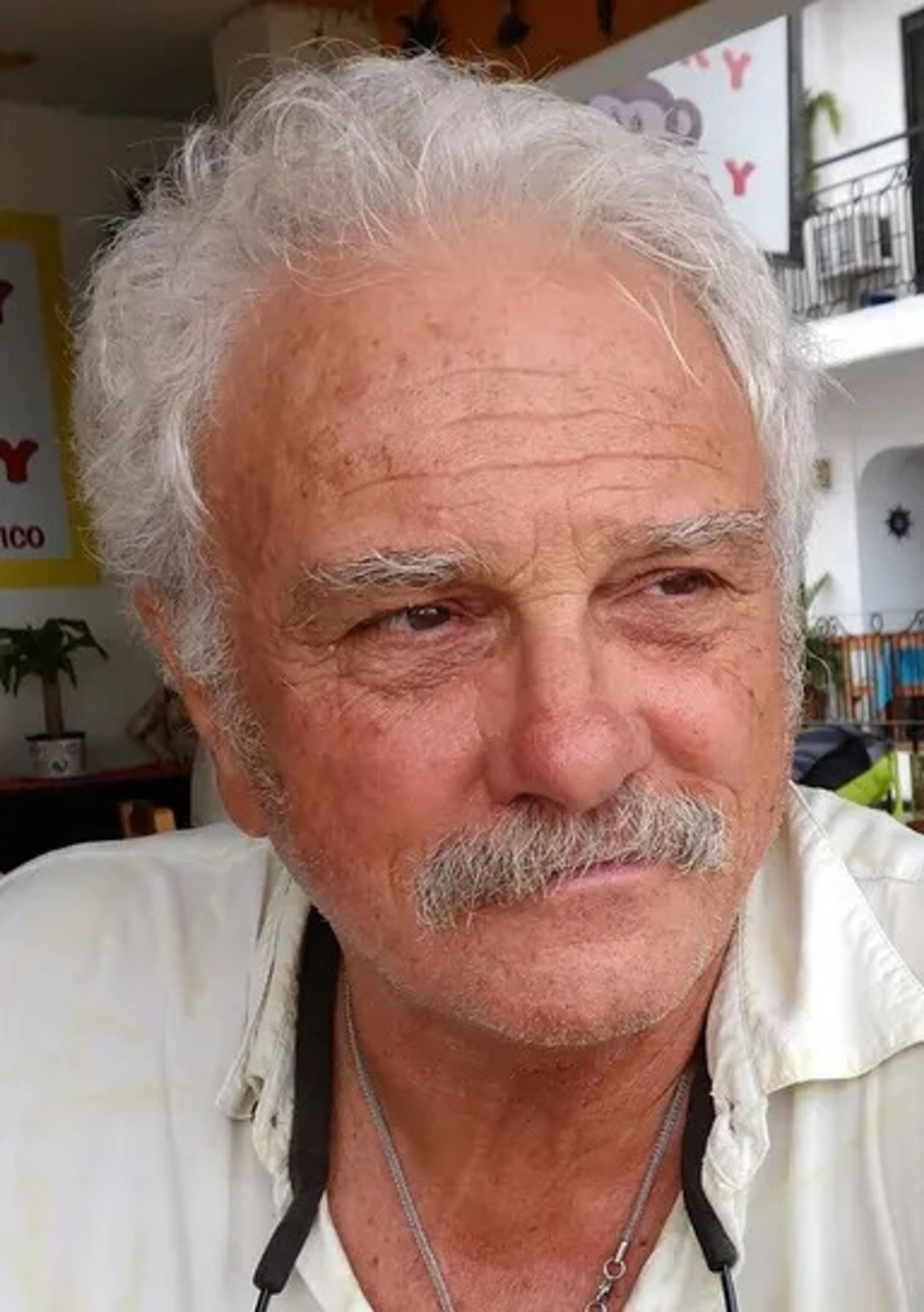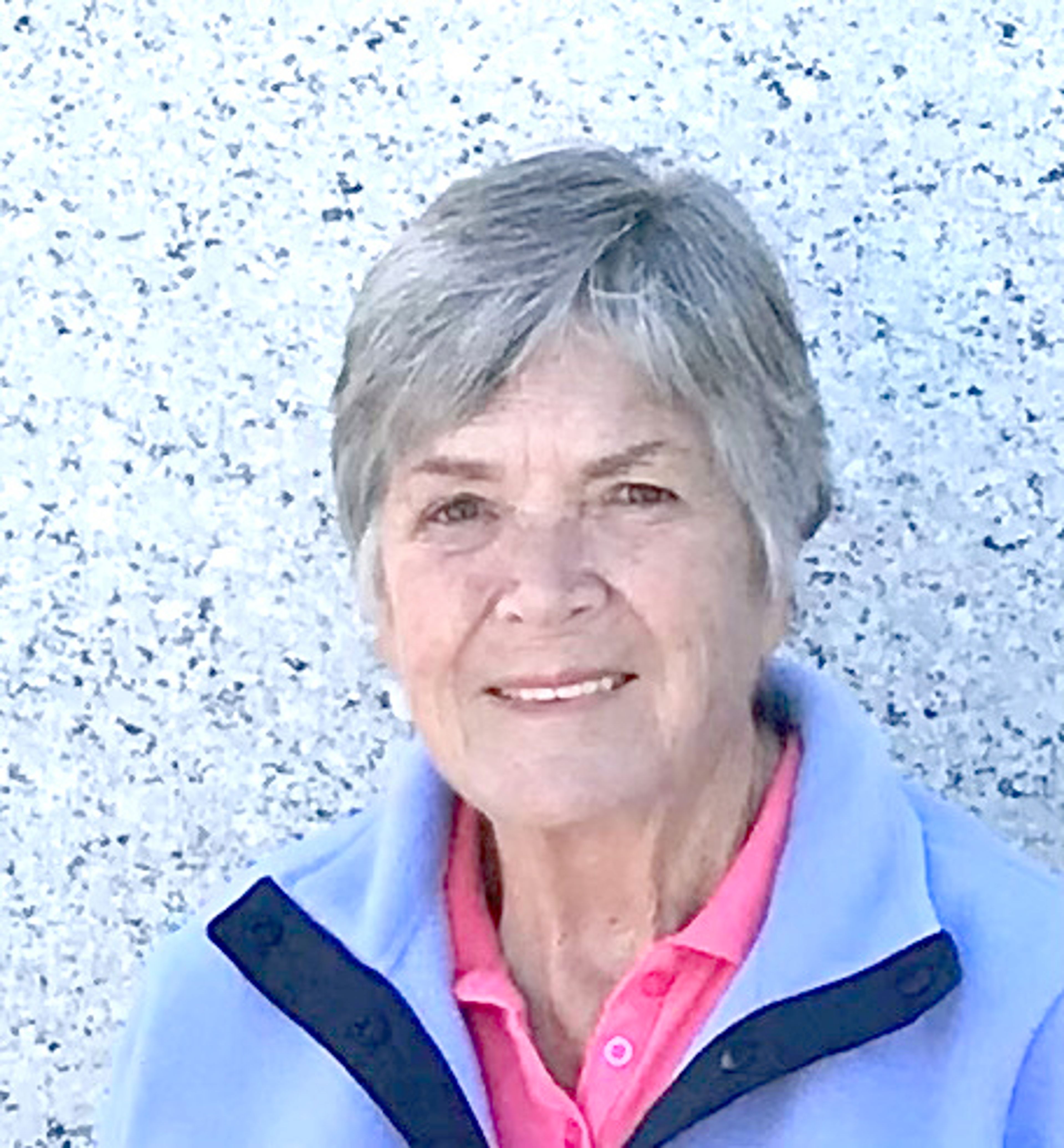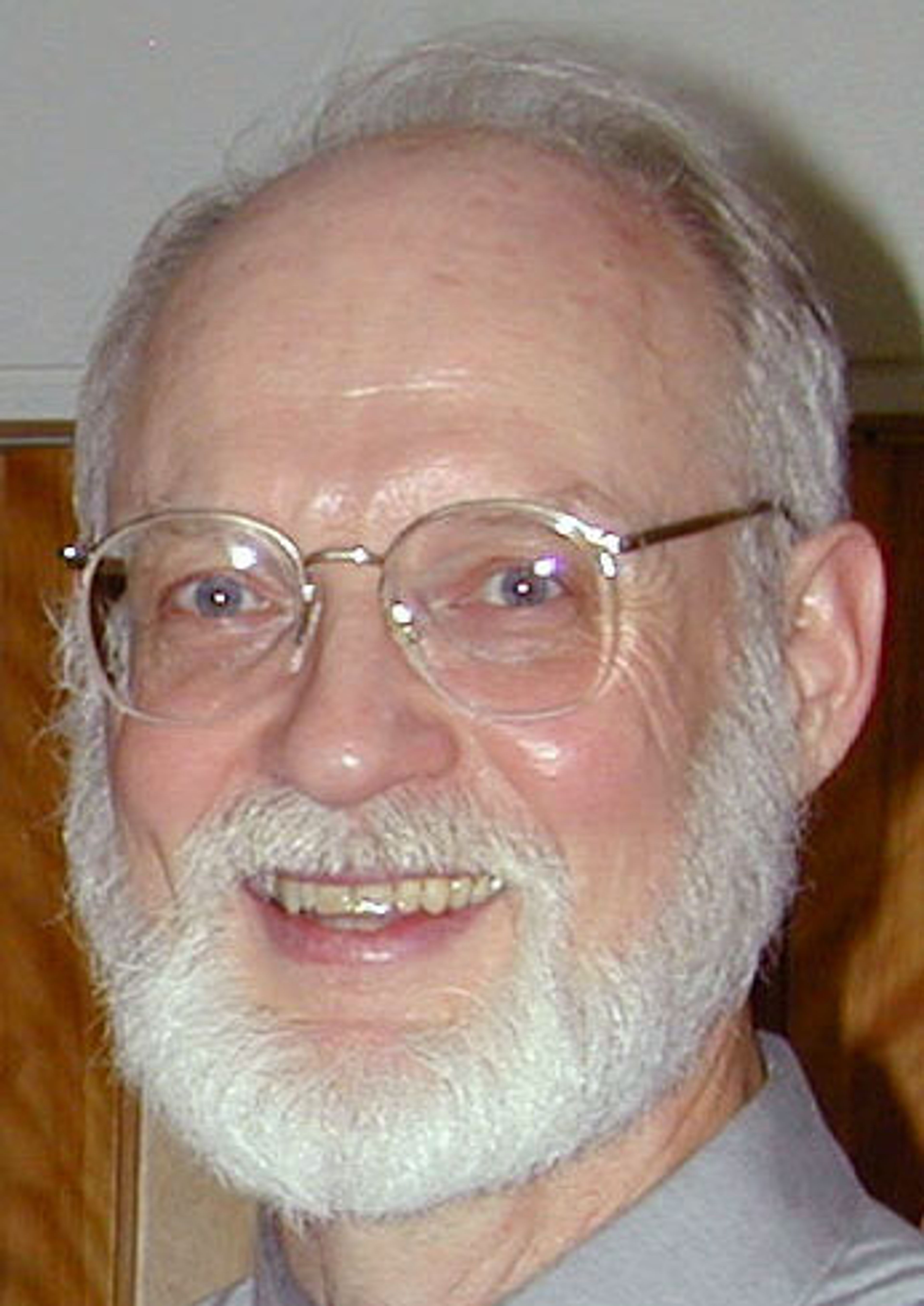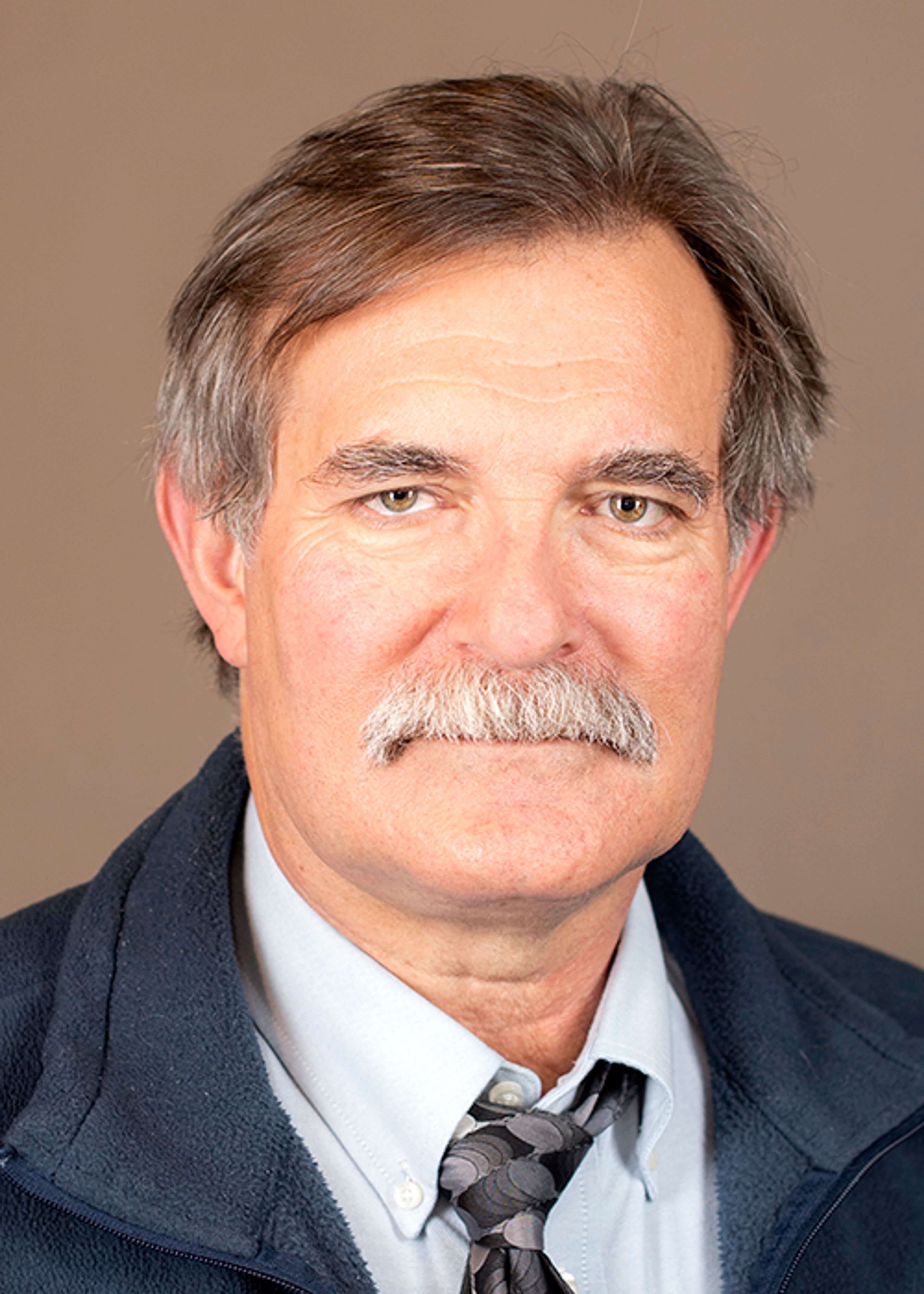Weather service, FEMA could be eliminated — at the public’s detriment
Hurricanes. Floods. Tornadoes. Wildfires. Winter storms.
The U.S. is prone to many natural disasters, and people depend on agencies such as the National Oceanic and Atmospheric Administration (NOAA) for warnings to prepare for those disasters. In many parts of the country, NOAA radios are essential pieces of safety equipment.
After a major natural disaster, people depend on the Federal Emergency Management Administration (FEMA) for cleanup and reconstruction assistance.
But, if President-elect Donald Trump enacts Project 2025 (also called Plan 47), NOAA would be dismantled, along with its departments including the National Weather Service (NWS), the National Ocean Service, Oceanic and Atmospheric Research and the National Environmental Satellite, Data and Information Services.
FEMA would also be greatly reduced with recovery grants for families and businesses eliminated.
Part of the plan does suggest the NWS could be restructured as a “performance-based operation,” but overall, it recommends giving the current duties to private groups, such as AccuWeather, with what remains of the NWS focusing more on information gathering than gathering and distribution.
It could ultimately mean only the people who pay (in what could be an unregulated industry) for their weather service information can receive it. This would be a serious blow to news media, airlines and transportation companies, as well as companies and individuals who use weather information regularly, especially during their disaster season.
Why such a radical change? In part, it is because of money. NOAA costs $6.5 billion a year to keep people safe. Project 2025 says that money can be saved by giving the responsibility of tracking and providing warnings to private companies.
In another paragraph, the report also argues, “scientific agencies like NOAA are vulnerable to obstructionism of an Administration’s aims if political appointees are not wholly in sync with Administration policy. Particular attention must be paid to appointments in this area.”
In short, if the administrators or employees don’t agree with the administration, they could give out alternative information (read that as true data). In the eyes of Project 2025 authors, this is “dangerous;” but it is especially so if the government is denying scientific details. Keeping people in the dark seems to be the goal of this Project 2025 section, along with providing financial support to political cronies who own things such as private weather services and private flood insurance firms.
Currently, FEMA responses in the current disaster cycle are being damaged by comments from politicians who used hurricane destruction for election advantage. The lies being spread have not only caused people to avoid FEMA for help, but it has also caused some residents to physically threaten FEMA workers, slowing down their own recovery.
Obviously, this is putting politics well ahead of public safety and disaster recovery.
For those of us in the Pacific Northwest, knowing where fires are burning, where flooding or blizzards happen, or a tsuamni along the coast from an earthquake, understanding the need to evacuate quickly is essential. NOAA and NWS provide that information for free. The same is true of people who live in areas with tornadoes and hurricanes. Killing these programs makes no sense.
On the other side of a disaster, assistance from FEMA is often crucial to rebuilding a community. Not only would the Project 2025 proposal eliminate the grants to families and businesses, but it would also reduce the agency’s support to state and local governments, privatize federal flood insurance and raise the per-capita threshold for public assistance. Again, for millions of Americans, this makes no sense and can ultimately be both life-threatening and financially devastating.
In 1939, the federal and many state governments passed the Hatch Act, a law which limits the political activities of public employees, basically making sure all employees are nonpartisan. Looking at this proposal, another pro-active law for Congress and others to consider would be one protecting the American public’s right to free safety information when faced with natural disasters.
Trimming waste from government is always a good thing to do; but cutting programs which are essential to public safety is insane. What is even more absurd is cutting good, working – often life-saving — programs for purely political reasons.
Tallent was a journalism faculty member at the University of Idaho for 13 years before her retirement in 2019. She is of Cherokee descent and is a member of both the Indigenous Journalists Association and the Society of Professional Journalists. She also writes for FaVS (Faith and Values) News.








